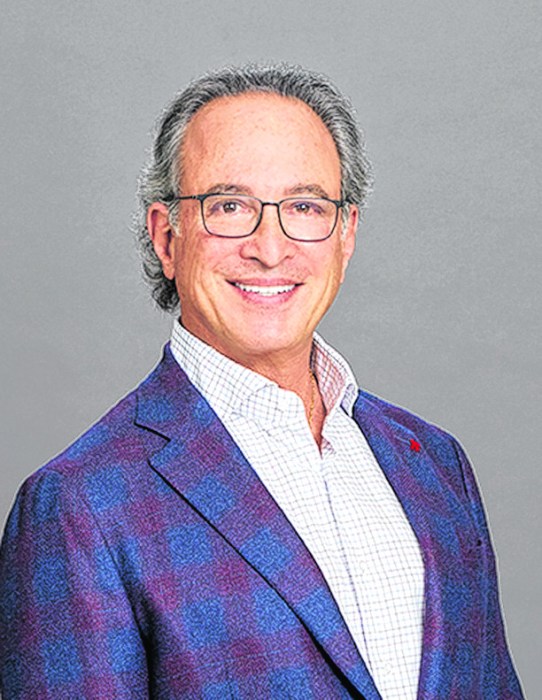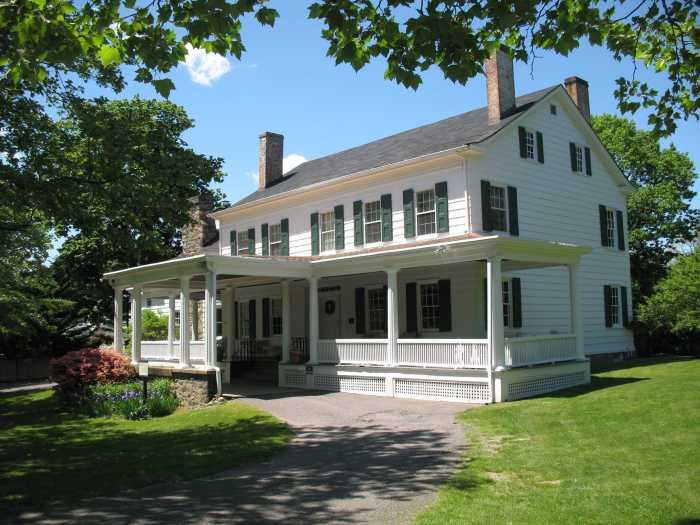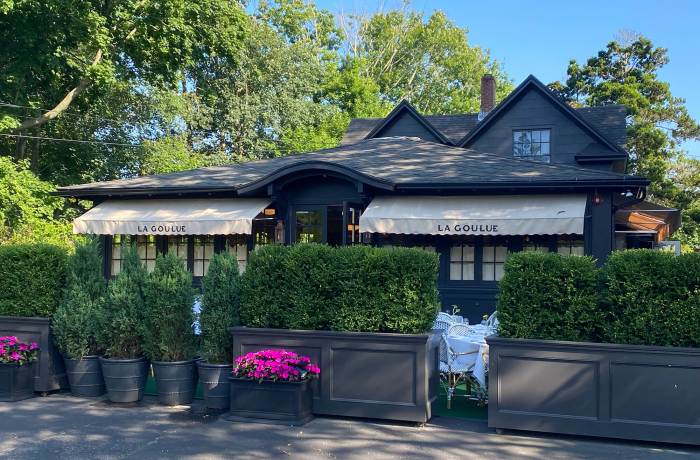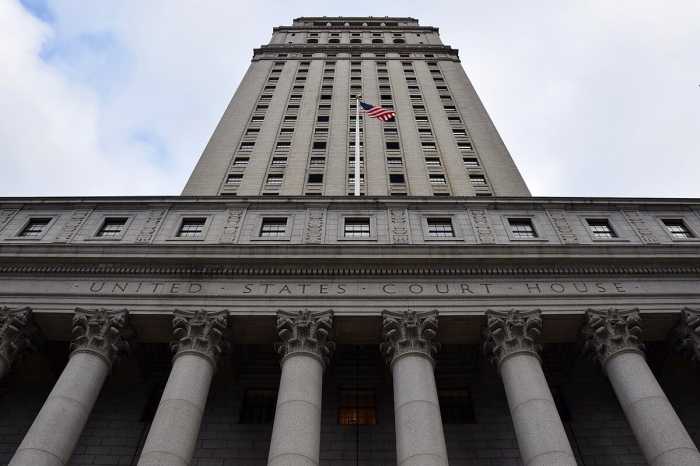“It is not the critic who counts; not the man who points out how the strong man stumbles, or where the doer of deeds could have done them better. The credit belongs to the man who is actually in the arena, whose face is marred by dust and sweat and blood; who strives valiantly; who errs, comes short again and again, because there is no effort without error and shortcoming but who does actually strive to do the deeds; who knows great enthusiasms, the great devotions, who spends himself in a worthy cause; who at the best knows in the end the triumph of high achievement, and who at the worst, if he fails at least fails while daring greatly, so that his place shall never be with those cold and timid souls who neither know victory nor defeat.” —Theodore Roosevelt, April 23, 1910
So it happened that I turned 70 on May 29, the same day on which President Kennedy was born. If not struck down at age 46 he might be 100 today. The message which he announced in his 1961 inaugural of: “Ask not what your country can do for you, but what you can do for your country,” lived on, resonating with me and inspiring many to lead lives committed to public service.
My conversion from being a jock to becoming a lawyer and judge began with the awareness in the late 1960s that devotion to others is at least as important as devotion to self in that each of us can be a model or vehicle for social change, touching the lives of those left out. Pope Francis conveys that message on the world stage.
In one of John Grisham’s movies, a disbarred lawyer mentors a young attorney stating: “I give you the opportunity to change the world one case at a time.” In our own ways, each of us serve as an example for others where the messages of equality, fairness and justice may be conveyed. It all takes staying power and courage.
So today I reflect on the leadership of John and Bobby Kennedy; Martin Luther King, Jr.; John Lennon and Allard Lowenstein, all struck down in their prime but with a legacy that lives on and a mission that we should carry on in honor of them. I remember being a student leader in 1970 when I learned that four students had been killed by the National Guard at Kent State. One of those killed, Jeffrey Miller, attended a neighboring high school.
I watched countless lawyers in the Nixon White House and during Watergate go to jail. It occurred to me that attorneys had a great power but in the hands of the misguided that power could be abused. As I graduated from college, I determined that I had a higher duty in trying to serve others while also being a vehicle for social change and progress. Just as the leaders I admired most were cut down, I began to feel that I had a responsibility to honor their memories by trying to rally or at least lead others to a greater degree of social commitment.
As Watergate was unfolding and the Vietnam War was ending, Ralph Nader was emerging as a consumer advocate challenging government and business to do the right thing by consumers. I wrote a Master’s Thesis for a degree in Public Administration entitled: Ralph Nader’s Impact On Governmental Action For Consumer Protection. I then decided to go to law school. Since then I have striven to hold onto those ideals. It has added to the meaning of my life. I plan to continue working at it for as long as I am able.
Tom Liotti is the village justice for the Village of Westbury.
































